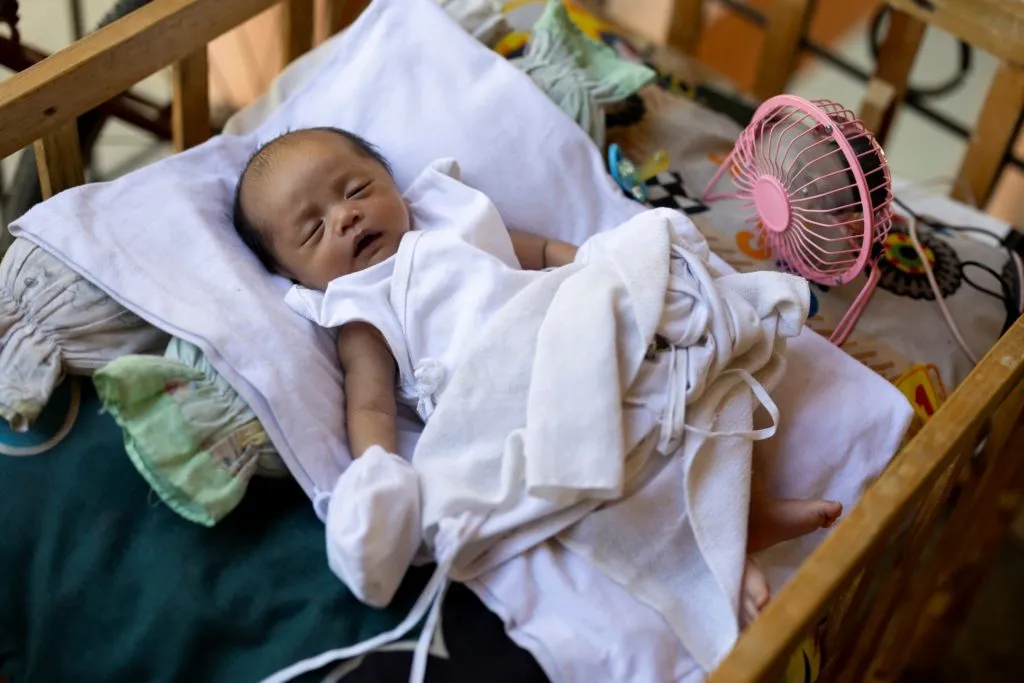Extreme Heat and Heat Stroke: Protecting Young Children During a Heatwave

Understanding Extreme Heat Risks
Extreme heat is more than just uncomfortable; it can have severe consequences for the health of young children. As heatwaves become more frequent and intense, the risk of heat stroke increases significantly. According to a report by UNICEF, nearly half a billion children worldwide live in regions experiencing at least twice the number of days with temperatures at or above 95 degrees Fahrenheit.
Statistics on Health Impact
These rising temperatures not only affect comfort levels but can also lead to serious health complications:
- Heat Stroke: A life-threatening condition that occurs when the body overheats, leading to potential brain damage.
- Long-term Effects: Prolonged exposure to heat can result in lasting health issues for children.
Protective Measures for Families
To safeguard children during extreme heat, families can adopt several measures:
- Ensure proper hydration to prevent dehydration.
- Limit outdoor activities during peak heat hours.
- Create cool environments using fans or air conditioning.
Advocating for Policy Change
Awareness and action from governments and organizations like UNICEF are crucial. Addressing the issue of extreme heat can safeguard children's health and provide a better future for generations to come.
Disclaimer: The information provided on this site is for informational purposes only and is not intended as medical advice. We are not responsible for any actions taken based on the content of this site. Always consult a qualified healthcare provider for medical advice, diagnosis, and treatment. We source our news from reputable sources and provide links to the original articles. We do not endorse or assume responsibility for the accuracy of the information contained in external sources.
This article was prepared using information from open sources in accordance with the principles of Ethical Policy. The editorial team is not responsible for absolute accuracy, as it relies on data from the sources referenced.